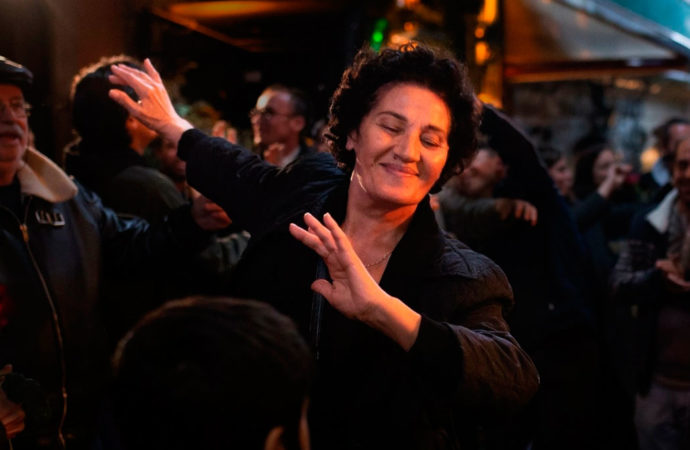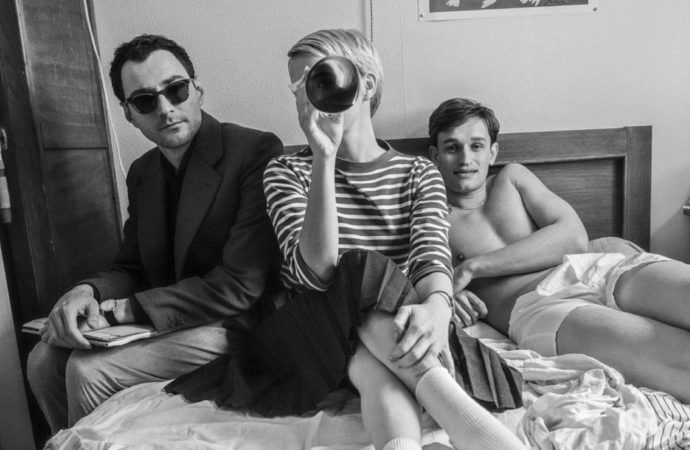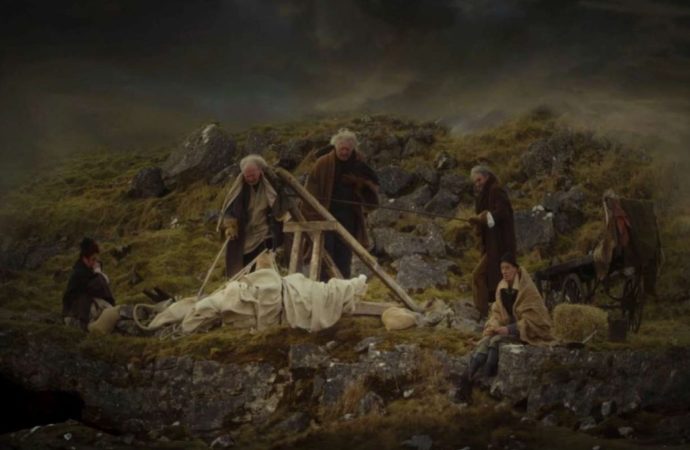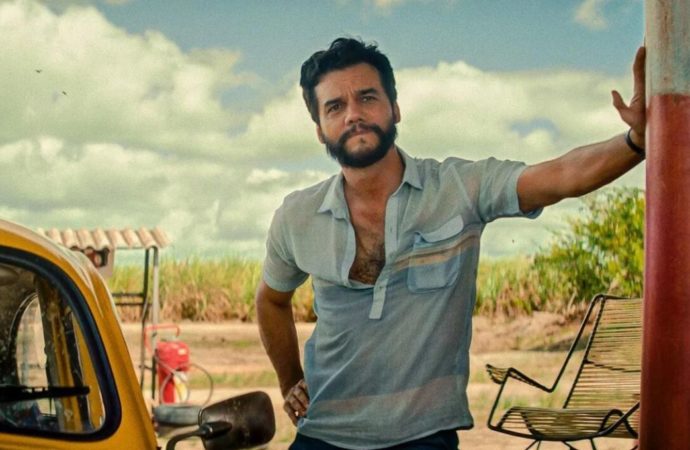Levan Akin, director of the Oscar-nominated and winner of the Queer Palm at the Cannes Film Festival, And Then We Danced (2019), has presented Crossing in the Panorama section of the 74th Berlinale. The Swedish-born director of Georgian descent, whose previous film raised street protests in Tbilisi and condemnation from the Orthodox Church, has enlisted veteran actress Mzia Arabuli, whose mastery has been honored by young performers such as Taki Mumladze (A Room of My Own, 2022). In this particular road movie, starring Lia, a retired teacher, and Achi (Lucas Kankava), a teenager with a limited horizon, desperate to escape his environment, who offers himself as an interpreter, we find a couple of strange travel companions. Both will venture on a journey from Bitumi (Georgia) to Istanbul, in search of Tekla, Lia’s niece, who had fled to Turkey after being outcast by her family.
Akin takes us on a journey through an Istanbul, photographed with modest elegance by Berlin-based Lisabi Fridell, where the outcasts weave support networks to defend themselves against intolerance and lack of solidarity. In the city overrun by cats, characters cross paths, hide and survive, like a boy of about eight years old who takes care of a little girl, abandoned by her mother. Evrim (Deniz Dumanli), a transsexual lawyer, who breaks the stigma of identification with prostitution, is the official defender of the persecuted that society relegates to the margins, abandoned on the hypocritical roadside, reserved for those we do not wish to see – or with whom we do not wish to be seen.
A modest hotel and the slums become the new world of Lia, who is fulfilling the promise she made to her sister on her deathbed. It is there that, together with Achi, they will gradually abandon their prejudices and acquire new beliefs. For example, in one of the most revealing and emotional scenes of the film, the need to achieve her goal will cause the teacher to put into practice her (clumsy) seduction skills, which are ultimately a survival mechanism in the jungle of those lacking other resources, getting closer than she has ever been to her own niece.
As in so many quest stories, it is the chance discoveries that are most valuable, especially when it involves an unprovoked inner journey. Lia’s stony determination in her mission never wavers, while an unfamiliar warmth transfigures her with an expressiveness that fills the screen. The intolerance to sexual freedom in countries like Georgia or Turkey is a crime that is also lived within the walls of the family, as a stronghold of tradition, and it is there where Levan Akin, also author of the screenplay, ignites the spark of doubt, questioning the value of honor and love. At the same time, showing this unequal couple of traveling companions, he places us in front of two generations, the past and the present, with different responses and adaptability.
Crossing, partly inspired by real events, is a hopeful tale in its sadness, with a bittersweet and unexpected ending, which is ultimately a story of love and acceptance, not only of difference but also of remorse.







No one has posted any comments yet. Be the first person!